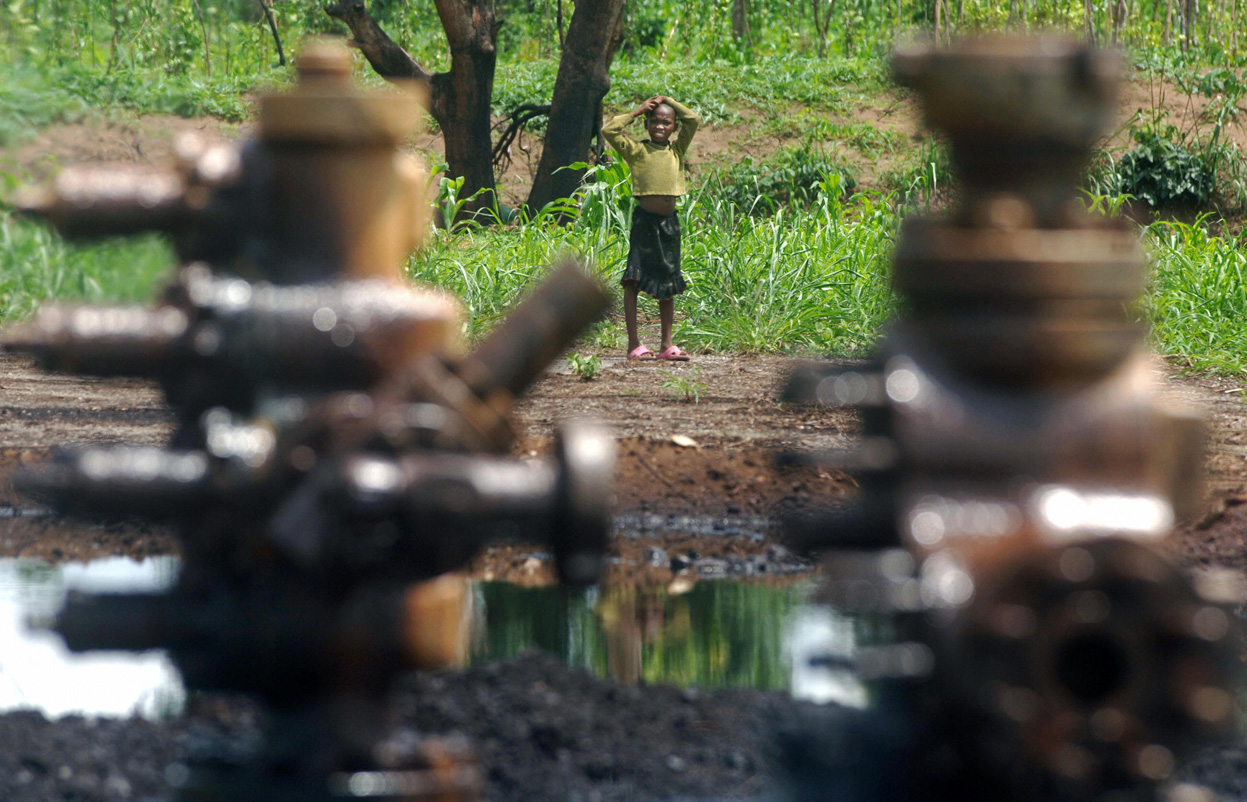With 103 oil wells, of which about 50 are producing, experts are unanimous that Abia State’s oil and gas potentials have been under-exploited. This trend has gone unnoticed for long as oil majors and the federal government have concentrated on high-yield fields.
Oil giant, Shell, holds most of the licenses for the wells in Abia State and has concentrated on the estimated 50 wells that are considered high-yield. The rest are considered marginal fields. However, with the increased success of the federal government’s marginal fields development, investors have been encouraged by the state government to explore the 53 marginal fields in the state.
To ensure that the right environment is maintained to facilitate this expected investment, Governor Theodore Orji has successfully addressed the kidnap scourge that ravaged the state three years ago. “What we hear about other areas is now strange to Abia people,” said Don Ubani, the state’s Commissioner for Petroleum and Solid Minerals Development.
“Security is the most important thing to attract investors and we have achieved that. Of course, no society is perfect; but we have achieved 97 per cent security. If within a system, there is three per cent flaw, you can score that system very high. I believe that Abia State, from all indications and comparatively, is among the best in terms of security. With that, any genuine investor that is interested will now gladly, safely and comfortably come to Abia State.”
The Marginal Fields Programme (MFP) was designed to encourage indigenous participation in the oil and gas industry; after decades of a monopoly enjoyed by Shell and later some international oil companies. According to Augustine Olorunsola, the Director, Department of Petroleum Resources (DPR), the Marginal Fields Programme was intended “to checkmate the avalanche of reported oil and gas discoveries in the Niger Delta through time that remained undeveloped/unproduced and, in a few cases, only partially appraised.”
Indigenous oil companies have not found it easy to attract the requisite funding and infrastructural capacity to explore some of these marginal fields; however some have persevered and struck oil. In Akwa Ibom, Frontier Oil Limited did not strike oil at the Uquo Field but it discovered sufficient gas reserves and has signed a contract to supply gas to the Ibom Power Plant.
This is a feat that can be replicated in Abia State; where the Aba Power Project constructed by Geometric Power Limited would require gas. Realising the economic benefits of ensuring that the power plant gets its gas from the state, Governor Theodore Orji has embarked on an aggressive drive to attract investors in the oil and gas industry to help make this possible.
The governor has also taken his campaign abroad where recent visits to the US and UAE provided opportunities to seek foreign direct investment. Immediate benefits have occurred as a United Arab Emirate oil company, Alkamali Group, recently explored the fields in the Ukwa West Local Government Area of the state.
According to Ubani, the state government has invested in the transportation and power sectors of the state to ensure that the basic infrastructure is available for investors. “For you to talk of investment, you should also talk of infrastructural development in terms of roads and electricity,” he said. “The governor has done a lot of jobs in making sure that our roads are tremendously improved upon because people will not like to come and invest where their vehicles will always break down on the roads. One of the things that drove many industrialists away from this country was epileptic power supply. In Abia State, especially in Umuahia, the state government has done a lot to improve upon the electricity supply. There is 133KVA substation in Umuahia.”
On the potentials in the oil and gas sector of the state, he said: “Whoever comes will partner with Shell for the transfer of the wells. But one thing is very important: any product can always be subjected to trading. The oil we have in Abia State is the one we call the Bonny Light. If other grades of crude oil sell at $100 per barrel, crude oil from Abia will sell at, let us say, $120 per barrel. That is the difference. If we say that we have 50 functional oil wells, these functional oil wells could be more than 80 functional oil wells in some other places, taking into consideration the difference in quality.”
Residents of the state have observed the trend with keen interest and support the government’s drive to attract interest in the oil and gas sector. Mathew Nsikan, a banker in the commercial city of Aba, commended the government for pushing for increased investment in oil and gas; adding that such a development would provide much needed jobs in the area. “I must admit that the state government has gotten it right in that regard and encourage them to see this to a fruitful end,” he said.
By Simeon Ezenwa


